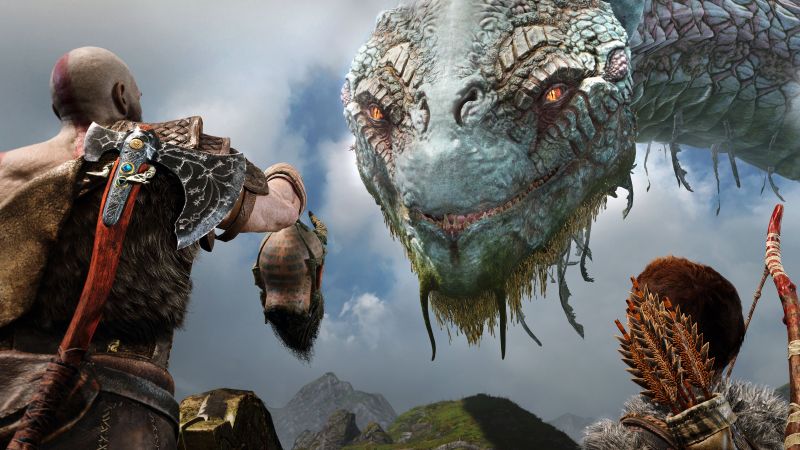
-
Gaming is a vast and dynamic industry that encompasses various forms of interactive entertainment, ranging from video games to board games and beyond. Here's an in-depth overview covering different aspects of gaming:
- : Gaming has a rich history dating back to the 1950s and 1960s with the advent of early computer games like "Spacewar!" and "Pong." The industry has since evolved significantly, with milestones such as the release of the first home gaming console, the Magnavox Odyssey, in 1972, and the emergence of arcade gaming in the 1980s with classics like "Pac-Man" and "Space Invaders." The rapid advancement of technology has continually reshaped gaming, leading to the rise of home consoles, personal computers, handheld devices, and now cloud gaming.
- Platforms: Gaming platforms include consoles (e.g., PlayStation, Xbox, Nintendo Switch), personal computers (PC), mobile devices (smartphones, tablets), and cloud gaming services (such as Google Stadia and NVIDIA GeForce Now). Each platform offers unique gaming experiences and caters to different demographics.
- Genres: Gaming encompasses a wide array of genres, including action, adventure, role-playing, simulation, strategy, sports, puzzle, and more. Each genre offers distinct gameplay mechanics and appeals to different player preferences.
- Technology: Advancements in technology have significantly enhanced gaming experiences. Graphics have evolved from simple pixel art to highly realistic 3D environments, thanks to improvements in hardware capabilities and graphics processing. Other technological advancements include virtual reality (VR), augmented reality (AR), and artificial intelligence (AI), which have expanded the possibilities for immersive gaming experiences.
- Industry Trends: The gaming industry is constantly evolving, with trends such as the rise of indie game development, the popularity of live-service games (games as a service), the growth of esports (competitive gaming), and the increasing convergence of gaming with other forms of entertainment, such as streaming and social media integration.
- Business Models: Gaming business models have diversified beyond traditional retail sales. While players can still purchase games outright, free-to-play games supported by microtransactions have become increasingly common, especially in the mobile gaming market. Subscription services like Xbox Game Pass and PlayStation Now offer access to a library of games for a monthly fee, while crowdfunding platforms like Kickstarter have empowered independent developers to fund their projects.
- Cultural Impact: Gaming has emerged as a significant cultural phenomenon, influencing art, music, fashion, and even politics. It serves as a form of escapism for many people and has a dedicated community of enthusiasts who engage in forums, conventions, and events worldwide.
- Social and Psychological Aspects: Gaming can have both positive and negative social and psychological effects. While gaming can foster social connections, teamwork, problem-solving skills, and cognitive development, excessive gaming can lead to addiction, social isolation, and other mental health issues. It's important for players to maintain a healthy balance between gaming and other aspects of life.
- Legal and Ethical Issues: The gaming industry faces various legal and ethical challenges, including concerns about game addiction, loot boxes, gambling mechanics in games, intellectual property rights, piracy, online harassment, and representation and diversity in gaming content.
Overall, gaming continues to thrive as a dynamic and diverse form of entertainment, continually pushing the boundaries of technology and creativity while shaping culture and society in profound ways.